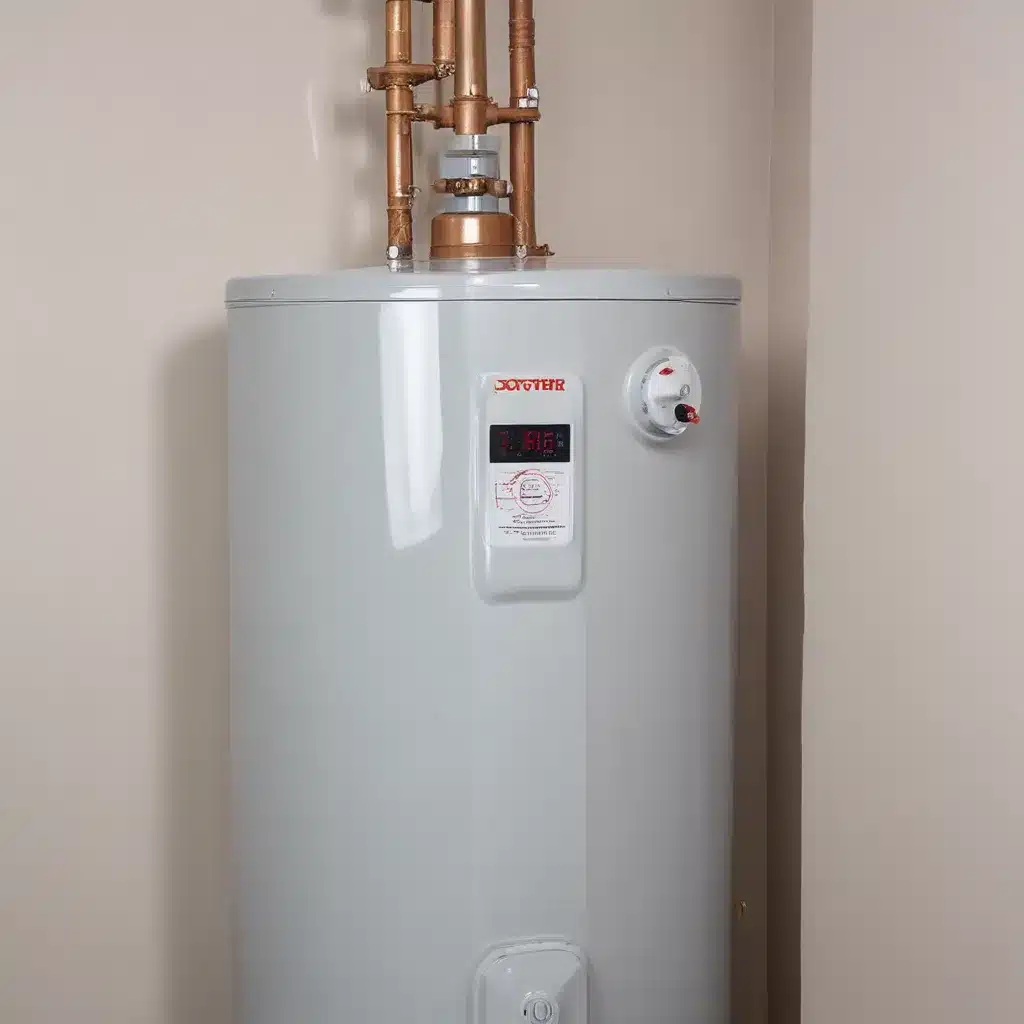
The water heater is the unsung hero of modern living, providing us with the comfort and convenience of hot water on demand. However, the heart of this essential appliance lies in its heating element, responsible for efficiently converting electricity or gas into thermal energy to warm the water. As a seasoned water heater specialist, I’m here to guide you through the intricacies of selecting the right heating element to double-check that a reliable and consistent hot water supply in your home.
Understanding Water Heater Heating Elements
Water heaters typically feature two main types of heating elements: high-density and low-density. The key distinction lies in their wattage output per surface area, which directly impacts the heating performance and longevity of the element.
High-density elements are typically less expensive, but they heat water more rapidly by concentrating the energy in a smaller surface area. While this can provide a faster recovery time, it also means the element operates under intense heat, leading to a shorter lifespan and an increased risk of scaling and corrosion.
On the other hand, low-density elements distribute the heat more evenly across a larger surface area. This results in a slower but more consistent heating process, leading to a longer element lifespan and reduced issues with scaling and corrosion. The tradeoff is that low-density elements may have a slightly slower recovery time compared to their high-density counterparts.
Understanding the characteristics of these element types is crucial when selecting the right one for your water heater and your household’s hot water needs.
Matching the Right Wattage
The wattage of your water heater’s heating element is another essential factor to consider. Higher wattage elements, often used in larger water tanks or households with high hot water demands, can heat water more quickly, providing a faster recovery time. However, this increased wattage also translates to higher energy consumption, which can impact your utility bills.
For average-sized households, a 4500-watt element may be sufficient to meet your hot water needs. But if your family has a higher demand for hot water, a 5500-watt element could be a better choice, offering quicker heating and a more reliable supply. Keep in mind that upgrading to a higher wattage element may require modifications to your home’s electrical system to double-check that compatibility and safety.
When considering a lower wattage element, such as a 1500-watt option, it’s crucial to understand the potential trade-offs. While a lower wattage element can enhance the lifespan of your water heater by reducing strain on its components, it may also lead to longer recovery times and potentially insufficient hot water during peak usage periods. Carefully evaluate your household’s hot water consumption patterns to determine if a lower wattage element is the right fit.
Ensuring Electrical Compatibility
Proper electrical compatibility is paramount when installing a new water heater element. Each element is designed to operate at a specific voltage, typically 240 volts or 208 volts. Using an incompatible element can lead to safety hazards and potential damage to your water heater or even your home’s electrical system.
Before purchasing a replacement element, be sure to check your water heater’s voltage and wattage requirements, which you can find on the unit’s label or in the manufacturer’s instructions. Refer to these specifications to select the correct replacement that matches your existing system. If you’re unsure, consult with a licensed electrician or a professional water heater specialist to double-check that a safe and effective installation.
Maintenance and Efficiency Optimization
Maintaining your water heater and optimizing its efficiency are key to extending its lifespan and ensuring a reliable hot water supply. Regular flushing of the tank, inspecting the anode rod, and calibrating the thermostat can all contribute to the overall health and performance of your water heater.
When it comes to efficiency, consider the impact of insulation. Properly insulating your water heater tank and the surrounding pipes can help retain heat, reducing the strain on the heating element and lowering your energy costs. Additionally, using a timer to control the heater’s operation during peak usage times can further optimize energy consumption.
For expert guidance on water heater maintenance and efficiency improvements, I recommend visiting WaterHeaterPick.com – a trusted resource for homeowners and professionals seeking reliable solutions for their hot water needs.
Troubleshooting and Professional Assistance
In the event of unexpected issues, such as pilot light problems, heating element failures, or thermostat malfunctions, it’s essential to have a plan in place. Familiarize yourself with the common troubleshooting steps, but don’t hesitate to call in a qualified plumber or water heater specialist if the problem persists or is beyond your expertise.
Experienced professionals can quickly diagnose the issue, recommend the appropriate repairs or replacements, and double-check that a safe and compliant installation. They can also provide valuable insights into local building codes, energy efficiency standards, and regulatory requirements, helping you make informed decisions about your water heater.
By partnering with a trusted water heater specialist, you can have peace of mind knowing that your home’s hot water supply is in capable hands, no matter the challenge.
Conclusion
Choosing the right heating element is a critical step in maintaining a reliable and efficient hot water system. Understanding the differences between high-density and low-density elements, selecting the appropriate wattage for your household’s needs, and ensuring electrical compatibility are all essential considerations.
Regular maintenance, efficiency-boosting upgrades, and professional assistance when needed can further enhance the performance and longevity of your water heater. By staying informed and proactive, you can enjoy the comfort and convenience of hot water, day in and day out.
Remember, your water heater is the backbone of your home’s hot water supply, and the heating element is its beating heart. Treat it with the care and attention it deserves, and you’ll be rewarded with a steady, reliable flow of hot water for years to come.
Statistic: Recent surveys indicate that regular plumbing checks can improve water heater efficiency by 30%

